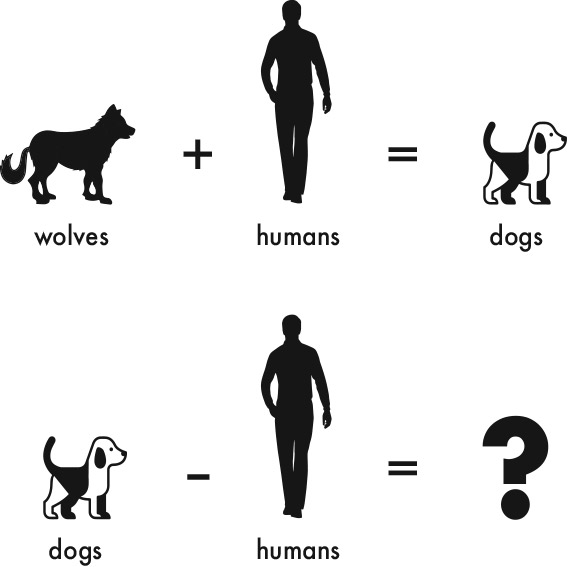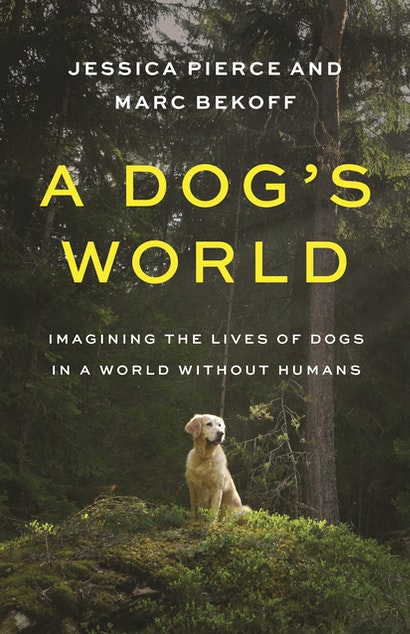
There about a billion dogs on this planet. Over the past several thousand years, they have become our helpmates and companions. Which brings up the question — what would happen to our furry companions if we were to suddenly disappear?

A new book, A Dog’s World by Jessica Pierce and Marc Bekoff (https://press.princeton.edu/books/hardcover/9780691196183/a-dogs-world), considers two questions: could dogs survive without humans, and what are some possible evolutionary paths of posthuman dogs without our ‘artificial’ selection?
The first clue is that out of those one billion dogs, only about 20% are pets. In other words, most of the canine population is already living on its own. Granted, independent dogs aren’t really that independent; they indirectly depend upon us for food scraps through garbage. So if we suddenly disappeared, there would be a rather difficult transition period as they adjusted to other food sources. But as “dietary generalists,” they are likely able to survive on a wide range of sustenance, from plants, berries and insects to small mammals and birds. Some probably wouldn’t make the transition, but remember their relatives are wolves, coyotes and jackals, and at least some should retain many of those traits and behaviors. So, yes, they should generally be able to survive without us.
But what would they become? We’ve played a huge role through purposeful breeding. But there has also been indirect selection of other unintended traits, or what geneticists call ‘hitchhikers.’ So the authors contend we really haven’t created dogs, we’ve just “splashed around in the dog gene pool, but the broader ripples from our splashes extend well beyond our conscious control or even our understanding.”
Without us, dogs would begin to drift into natural selection, and and no one knows where that would take them. But we can guess that they won’t rewind into being wolves. First they would go through feralisation, which changes an individual, not the population. The only logical prediction is that they will become something reasonably new.
Would they be better off without us? The authors provide a list of gains and losses, and they see more in the former category than in the latter. Maybe they would be better off in the long run.
So perhaps the end result of this thought experiment should be a reevaluation of the canine-human relationship: how can we help dogs live experientially rich and interesting lives now? If we can answer that, it would benefit all of us.
For more detail, see “The Posthuman Dog” (https://aeon.co/essays/who-could-dogs-become-without-humans-in-their-lives?)
